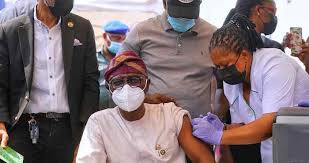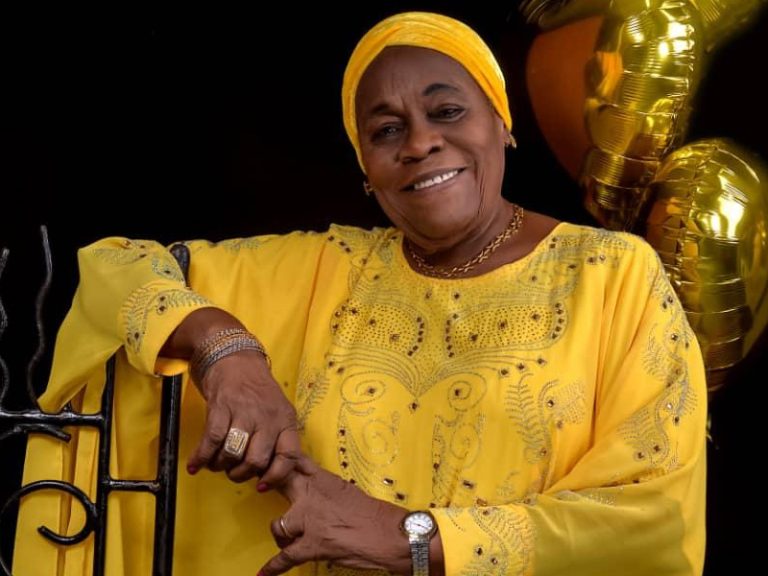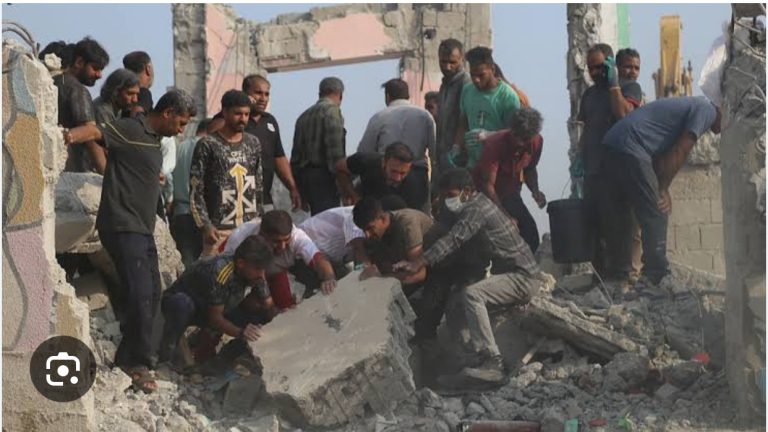
Lagos State has unveiled a five-year immunisation roadmap (2026–2030) in partnership with the Clinton Health Access Initiative (CHAI), setting out a bold plan to close vaccine coverage gaps and strengthen child survival outcomes across the state.
The Permanent Secretary of the Lagos State Primary Health Care Board (LSPHCB), Ibrahim Mustafa, announced the initiative during a three-day workshop that brought together government officials, development partners, and health experts to develop the framework.
He explained that the roadmap was designed to provide equitable access to life-saving vaccines, particularly for children in underserved areas.
“Immunisation is not just a health intervention. It is a social contract and a shared responsibility. Every child, regardless of geography or background, must be protected from preventable diseases,” Mustafa said.
While Lagos has made measurable progress, he acknowledged that vaccine coverage remains uneven, especially in riverine communities, informal settlements, and among mobile populations. Some local government areas, he said, still report coverage as low as 60%.
Mustafa stressed that the roadmap goes beyond vaccination targets to include strengthening the state’s primary healthcare system, which he said is critical to achieving Universal Health Coverage.
He urged stakeholders to seize the moment and commit to bold, coordinated action that could serve as a model for Nigeria and other African states.
Also speaking, the Lagos State Coordinator of the National Primary Health Care Development Agency, Olusegun Emiju, emphasised that the roadmap was about building a resilient, inclusive, and accountable system that sustains progress in the long term.
International partners echoed this sentiment. A representative of the Clinton Health Access Initiative noted that Lagos’ commitment to digitising immunisation data and integrating services at the community level “could change the game for Nigeria’s vaccine landscape.”
The World Health Organization (WHO) also pledged technical support, saying Lagos’ experience would provide useful lessons for other high-burden states.
The roadmap identifies five priority areas: expanding vaccine access to hard-to-reach populations, strengthening surveillance, integrating private health providers, boosting community engagement, and ensuring adequate financing.
Experts at the workshop agreed that achieving these goals will require strong political will, robust data systems, and public trust in vaccines.
The session concluded with a call for sustained partnerships between government, donor agencies, and civil society, as participants stressed that every missed opportunity to vaccinate a child leaves communities vulnerable to outbreaks.



